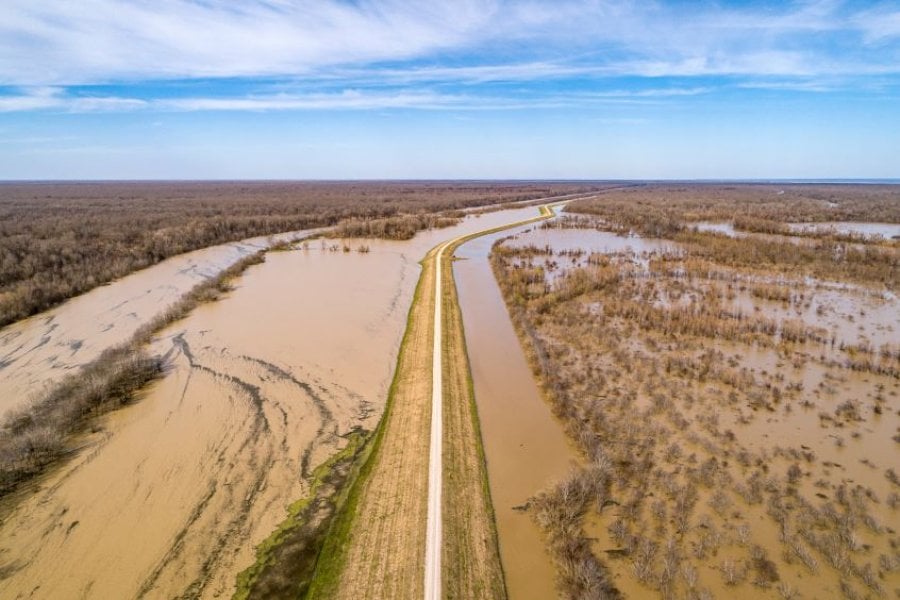
Today marks Mother Earth Day and now more than ever, our ‘Mother Earth’ is urging us to make more sustainable and humane decisions to have healthier ecosystems, leading to healthier populations and communities.
Across many indigenous communities, in particular indigenous communities of Turtle Island (North America), there is a connection between land and birth, where birthing is an empowering act for women. However, we are seeing the destruction of land and water through a variety of pathways including climate change, pollution and environmental degradation. Through these dangerous processes many communities are left vulnerable, especially pregnant women, newborns, and children, leading to the potential loss of connection with their lands and the processes of birth.
We are seeing the devastating consequences on maternal and newborn health through the exploitation and destruction of the earth in a myriad of ways. In 2022, Ethiopia experienced one of the worst droughts in 40 years, leading to destroyed crops and dried-up boreholes which pose an extreme threat to all, especially pregnant women who have high needs for nutrient-rich foods to meet the requirements of pregnancy. In Bangladesh, extreme climatic phenomena of typhoons and cyclones have resulted in the salinisation of water. The high salt content of drinking water has led to more pregnant women experiencing high blood pressure and even pre-eclampsia.
However, the disharmony of the earth cannot be addressed without acknowledging the current events of unrest, violence, and military occupation. The concept of ‘military pollution’ is leading to environmental degradation and massive amounts of carbon dioxide being released. Health care systems and facilities have been destroyed in conflicts, leaving women in these areas unable to access maternity care and needed medicines. For example, in conflicts going on in Sudan and Gaza, many women now give birth in situations of high stress, insecurity and malnutrition, with limited or no access to anaesthetics or proper hygiene products.
The droughts, extreme weather patterns, pollution, land destruction and conflicts are leading people to feel disconnected with ’Mother Earth.’ Now more than ever, there is a need to reconnect with the land, support sustainable practices, and encourage peace and harmony among people to ensure the protection of vulnerable and marginalised communities.
LSHTM's short courses provide opportunities to study specialised topics across a broad range of public and global health fields. From AMR to vaccines, travel medicine to clinical trials, and modelling to malaria, refresh your skills and join one of our short courses today.
